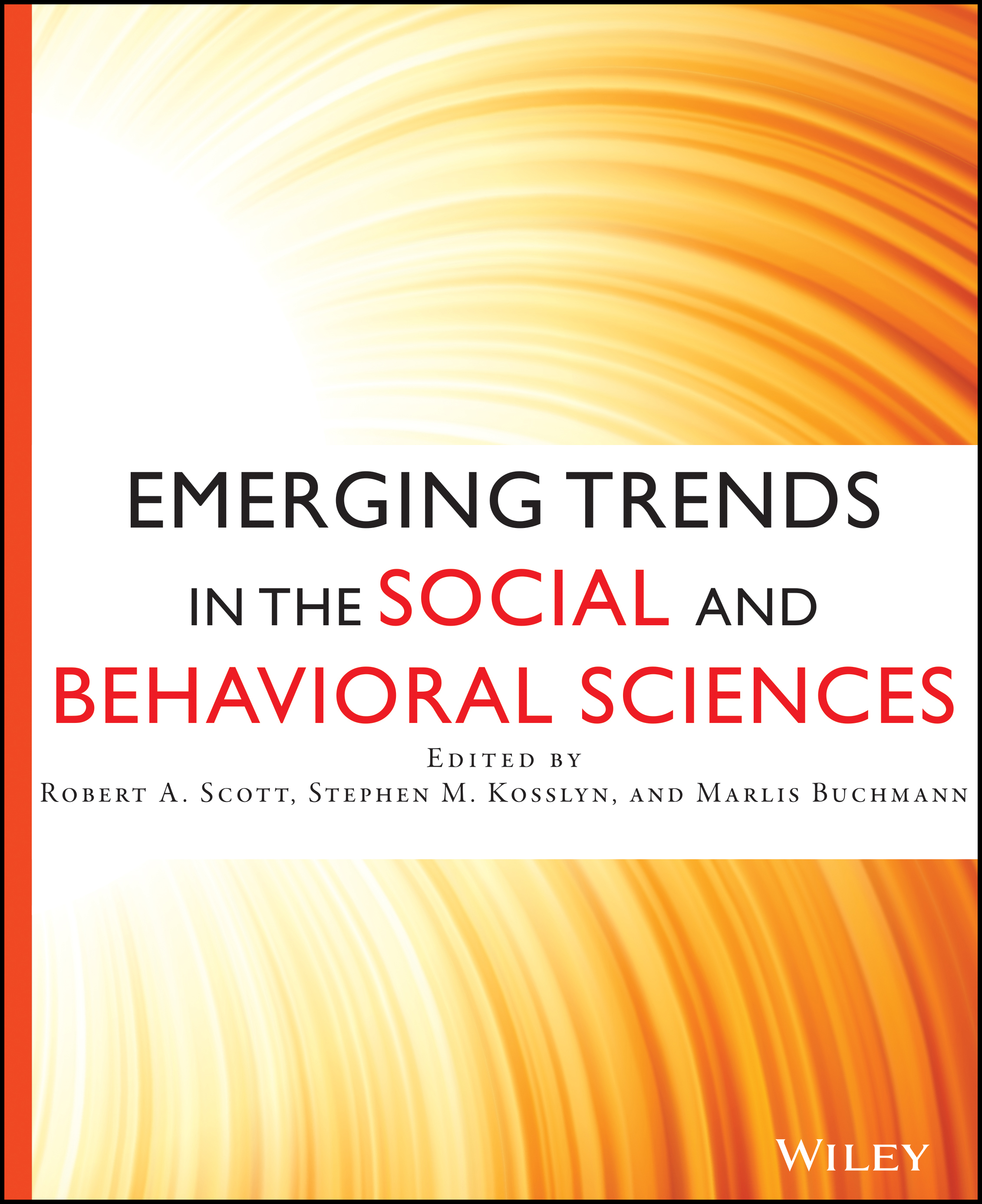Culture and Globalization
Frederick F. Wherry
Yale University, New Haven, Connecticut, USA
Search for more papers by this authorFrederick F. Wherry
Yale University, New Haven, Connecticut, USA
Search for more papers by this authorAbstract
How should we define culture and globalization? How does each affect the other? And what are our shortcomings in understanding the heterogeneous outcomes for cultural production and expression in a globalizing world? This essay begins with foundational understandings among sociologists, political economists, and anthropologists regarding the facets of globalization and the way that it is shaped by and in turn shapes local cultures. The essay turns to the widely varied, disjointed attempts to explain the phenomenon and then offers suggestions for advancing studies of culture in the context of globalization.
References
- Adorno, T., & Horkheimer, M. ([1944] 1993). Dialectic of Enlightenment. New York, NY: Continuum Press.
- Alexander, J. C. (2004). Cultural pragmatics: Social performance between ritual and strategy. Sociological Theory, 22, 527–573.
- Appadurai, A. (1990). Disjuncture and difference in the global cultural economy. In M. Featherstone (Ed.), Global culture: Nationalism, globalization and modernity (pp. 295–310). London, England: Sage.
- Appadurai, A. (1988). Introduction: Commodities and the politics of value. In A. Appadurai (Ed.), The social life of things: Commodities in cultural perspective (pp. 3–63). New York, NY: Cambridge University Press.
- Bair, J. (2011). Constructing scarcity, creating value: Marketing the Mundo Maya . In N. Bandelj & F. F. Wherry (Eds.), The cultural wealth of nations (pp. 177–196). Stanford, CA: Stanford University Press.
- Bandelj, N., & Wherry, F. F. (2011). Introduction: An inquiry into the cultural wealth of nations. In N. Bandelj & F. F. Wherry (Eds.), The cultural wealth of nations (pp. 1–20). Stanford, CA: Stanford University Press.
- Baudrillard, J. (1981). For a critique of the political economy of the sign. St. Louis, MO: Telos Press.
- Centeno, M. A., Bandelj, N., & Wherry, F. F. (2011). The political economy of cultural wealth. In N. Bandelj & F. F. Wherry (Eds.), The cultural wealth of nations (pp. 23–46). Stanford, CA: Stanford University Press.
- Coombe, R. J., & Aylwin, N. (2011). Bordering diversity and desire: Using intellectual property to mark placed based products. Environment and Planning A, 43, 2027–2042.
- Cowen, T. (2001). Creative destruction: How globalization is changing the world's cultures. Princeton, NJ: Princeton University Press.
- DiMaggio, P. (1990). Cultural aspects of economic action and organization. In R. Friedland & A. F. Robertson (Eds.), Beyond the marketplace: Rethinking economy and society (pp. 113–136). New York, NY: Aldine de Gruyter.
- DiMaggio, P. (1997). Culture and Cognition. Annual Review of Sociology, 23, 263–287.
- Gaggio, D. (2011). Selling beauty: Tuscany's rural landscape since 1945. In N. Bandelj & F. F. Wherry (Eds.), The cultural wealth of nations (pp. 90–113). Stanford, CA: Stanford University Press.
- Giddens, A. (1990). The consequences of modernity. Stanford, CA: Stanford University Press.
- Goff, P. M. (2000). Invisible borders: Economic liberalization and national identity. International Studies Quarterly, 44, 533–562.
- Goffman, E. (1959). The presentation of self in everyday life. Garden City, NY: Doubleday.
- Goffman, E. (1961). Encounters: Two studies in the sociology of interaction. Indianapolis, IN: Bobbs-Merrill.
- Graham, M. (2011). Cultural brokers, the internet, and value chains: The case of the Thai silk industry. In N. Bandelj & F. F. Wherry (Eds.), The cultural wealth of nations (pp. 222–239). Stanford, CA: Stanford University Press.
- Guillen, M. (2001). Is globalization civilizing, destructive, or feeble? A critique of five key debates in the social science literature. Annual Review of Sociology, 27, 235–260.
- Lizardo, O. (2008). Understanding the flow of symbolic goods in the global cultural economy. International Journal of Contemporary Sociology, 45, 13–34.
- Marx, K. ([1867] 1906). Capital: A critique of political economy. New York, NY: The Modern Library.
- Peterson, R. A., & Anand, N. (2004). The production of culture perspective. Annual Review of Sociology, 30, 311–334.
- Ritzer, G. (2003). Rethinking globalization: Glocalization/grobalization and something/nothing. Sociological Theory, 21, 193–209.
- Rivera, L. (2011). Impression Management of Stigmatized Nations: The Case of Croatia. In N. Bandelj & F. F. Wherry (Eds.), The cultural wealth of nations (pp. 114–136). Stanford, CA: Stanford University Press.
- Robertson, R. (1992). Globalization: Social theory and global culture. Thousand Oaks, CA: Sage.
- Singh, J. P. (2008). Agents of policy learning and change: US and EU perspectives on cultural trade policy. Journal of Arts Management, Law, and Society, 38, 141–158.
- Swidler, A. (1986). Culture in action. American Sociological Review, 51, 273–286.
- Weber, M. ([1922] 1978). Economy and society: An outline of interpretive sociology. Berkeley, CA: University of California Press.
- Wherry, F. F. (2012). The culture of markets. Malden, MA: Polity.
- Wherry, F. F. (2008). Global markets and local crafts: Thailand and Costa Rica compared. Baltimore, MD: Johns Hopkins University Press.
-
Wherry, F. F. (2006). The social sources of authenticity in global handicrafts markets: Evidence from northern Thailand. Journal of Consumer Culture, 6, 5–32.
10.1177/1469540506060867 Google Scholar
- Wherry, F. F., & Crosby, T. V. (2011). The culture bank: Symbolic capital and local economic development. In N. Bandelj & F. F. Wherry (Eds.), The cultural wealth of nations (pp. 222–239). Stanford, CA: Stanford University Press.
- Woolcock, M. (1998). Social capital and economic development: Toward a theoretical synthesis and policy framework. Theory and Society, 27, 151–208.
Citing Literature
Browse other articles of this reference work:



